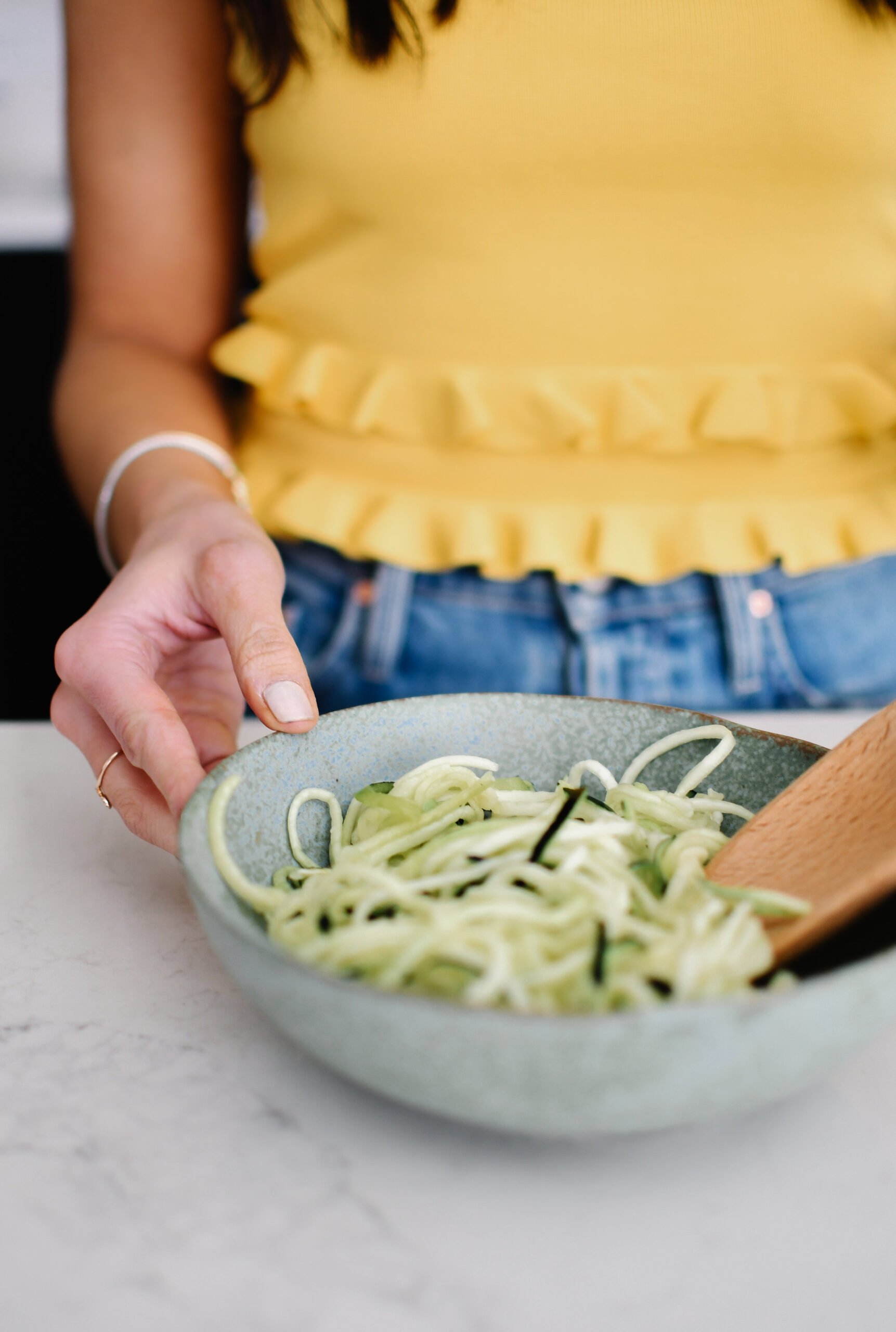
If I could categorize my Instagram DM’s, the top category would be from students who are interested in becoming a dietitian. And I get it – for some reason, it’s not information that’s easily available to find. When I was applying to grad school, I was super confused about the process too, which is why I’m happy to help!

I wrote a blog post a few years ago about becoming a dietitian and the steps it takes to become one. After that, I wrote another about starting my own private practice. To be honest, I thought those blog posts answered most of the questions I get! But because the questions still come in and because it would be nearly impossible to answer everyone individually, I figured it was time for an update.
Last week on Instagram, I added a question sticker to my stories opening up questions to anyone and everyone. Here, I compiled all the questions I received and grouped them by category. I’ll share my thoughts, tips, and my personal experience about every question. I think it covers pretty much everything and that you’ll find it helpful!
CATEGORY:
Getting into the field if you didn’t study nutrition in undergrad or as a second career
QUESTIONS:
– Did you need any prerequisite classes from your undergrad to go to school to an RD?
– Were you always a science-y person? I love nutrition but science isn’t really my thing!
– Is it impossible to become a dietitian if I already have a Bachelor’s degree?
– How to go about the process if your school does not have a nutrition major.
– I have a Bachelor’s in an unrelated field. I’m intimated by starting over at age 29. Any advice?
I thought this category would be a good place to start, since it’s really where my journey to become an RD began.
I did not study nutrition in undergrad. You definitely don’t have to. In fact, most of my grad school friends also didn’t study nutrition in undergrad.
The process to become a dietitian is as follows:
1) Complete Didactic Program in Dietetics (DPD) courses
2) Apply to and complete a Dietetic Internship (more on this later)
3) Take the RD exam
4) Get a Master’s degree (more on this later)
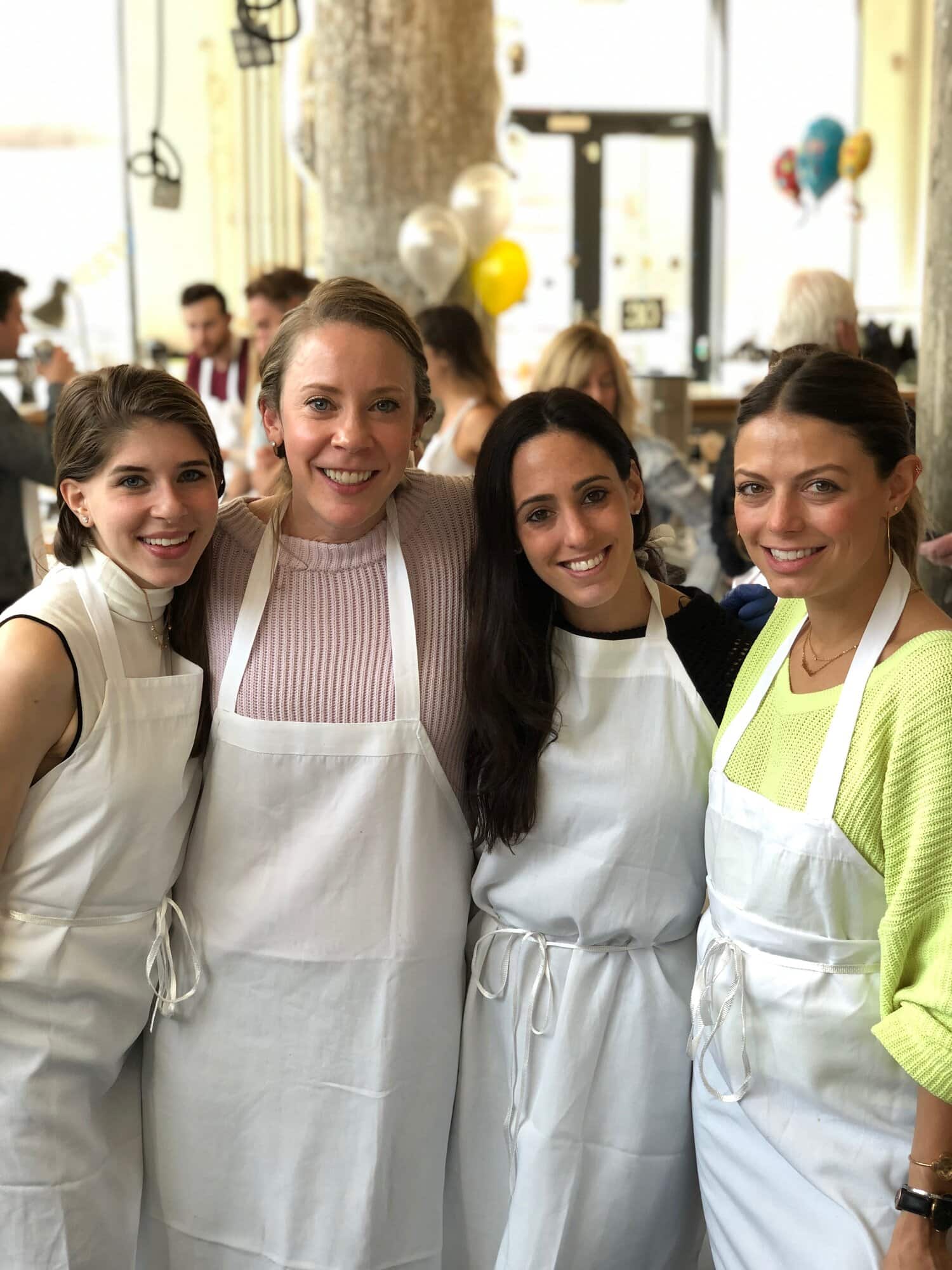
My grad school friends (some of my favorite people)! A few of whom were second career in nutrition.
So, in order to even apply to a Dietetic Internship, you need to complete DPD courses in science, nutrition and food science. If you didn’t take these courses as an undergrad – no problem! I didn’t either. One of the reasons I went to New York University for grad school is because, at the time, it was one of the only programs that allowed you to take these pre-requisite courses as a graduate student. If you also didn’t study nutrition as an undergrad, you can look into NYU or similar programs, or even take them at a community college near you. If you’ve taken any science or nutrition classes as an undergrad, check to see if any of these credits will transfer – they might! As a full time graduate student, these prerequisite courses took me 2 years to complete.
I was definitely not always a science-y person. Organic chemistry intimidated the hell out of me. But, if you love nutrition and really want to go into it, don’t let the courses stop you. Organic chemistry was still hard, but because it was organic chem related to nutrition, I also found it really interesting. In fact, biochemistry ended up being one of my favorite courses!
Nutrition is a difficult field. I think there are misconceptions that it’s all about eating healthy and weight loss, when in fact, it’s pretty clinical and science-based. But, if it’s something you’re passionate about and if you’re ready to work hard, it’s also really interesting.
If you’re going in as a second career, don’t be intimidated! I studied psychology in undergrad, but nutrition was technically my first career – I went to grad school right after college. But, not only did most of my grad school friends not study nutrition in undergrad, but also, most of them went into it as a second career. You are never too old to switch careers – and for that question specifically, 29 is totally not too old! If you’re really interested, do it now. A year from now you’ll wish you started now. And I can pretty much promise that you won’t be the only second career student in your program.
CATEGORY:
About grad school and my experience
QUESTIONS:
– What internships did you have during undergrad?
– Did you go grad school?
– Tips for making money in grad school.
As you now already know, yes, I went to grad school at NYU. After completing my DPD courses and my Dietetic Internship, I finished my Master’s degree in Clinical Nutrition. All in all, the Master’s degree takes about one year. The Master’s classes were my favorite classes too – they are so tailored and specific to individual parts of nutrition that you’ll definitely find them interesting. I loved classes like Sports Nutrition, Eating Disorders and Vitamins and Minerals.
Important FYI: by January 1st, 2024, it will be required of all RD’s to have a Master’s degree. Right now, you don’t technically need to get one, but it certainly gives you a leg up when looking for jobs. Plus, I think the information you learn with a Master’s degree is in invaluable. Most dietitians I know do also have a Master’s degree. If you can do it, I recommend it.
To make money during grad school, it’s both possible to attend school full time and get a part time job, or continue to work full time and go to school part time. Of course, if you’re going to school part time, finishing school will take longer. But, there’s no right or wrong – it’s up to you and what works best with your schedule and financially. I worked part time both babysitting and at a clothing store throughout grad school. Find a part time job that appeals to you and has hours that work.
Re: internships, I did these during undergrad and grad school, which is why I lumped it in here. In undergrad, I interned at a private practice. I think this internship helped me gain experience in the field and to get into grad school. In grad school/before your DI, doing unpaid internships and volunteering helps to get into a DI. It’s also a really great way to gain more experience in the field and learn what areas you’re interested in. I interned/volunteered at: a private practice, a hospital, teaching nutrition in a charter school, an outpatient eating disorder center and as a research assistant for a nutrition professor. I recommend getting experience in a private practice, hospital and community setting.
CATEGORY:
Dietetic internship: tips for getting in and surviving it
QUESTIONS:
– How was the process of applying to your DI?
– What’s the best way to increase your chances of getting into a DI? Best way to prep for the interview?
– Did you have a hard time getting into a DI?
– Do you have any tips on surviving the DI program/RD exam? I’m stressed!
Next up: Dietetic Internship. The DI process is a matching process – you rank programs and they rank you. I did mine at the James J. Peters Bronx VA. I got in the first time I applied, but it wasn’t my first choice (actually, it was my third!). Many of my friends didn’t get in the first time they applied but got in the second time, so please don’t be discouraged if it happens to you! It means nothing about you personally or as a future dietitian – it’s just sadly a process with too few spots for too many interested people.
The application process itself isn’t bad. You’ll use DICAS, and it will walk you through each step. Make sure to give yourself enough time to go through it – you’ll need letters of recommendation and a personal statement. As someone who’s written letters for students applying to a DI, make sure to also give the people writing your recommendation letters plenty of advance notice :).
I think getting a lot of different volunteer experience as a student helps to get into a DI. It shows that you work hard, that you have good time management skills, and most importantly, that you’re interested and invested enough in the field to volunteer in different areas.
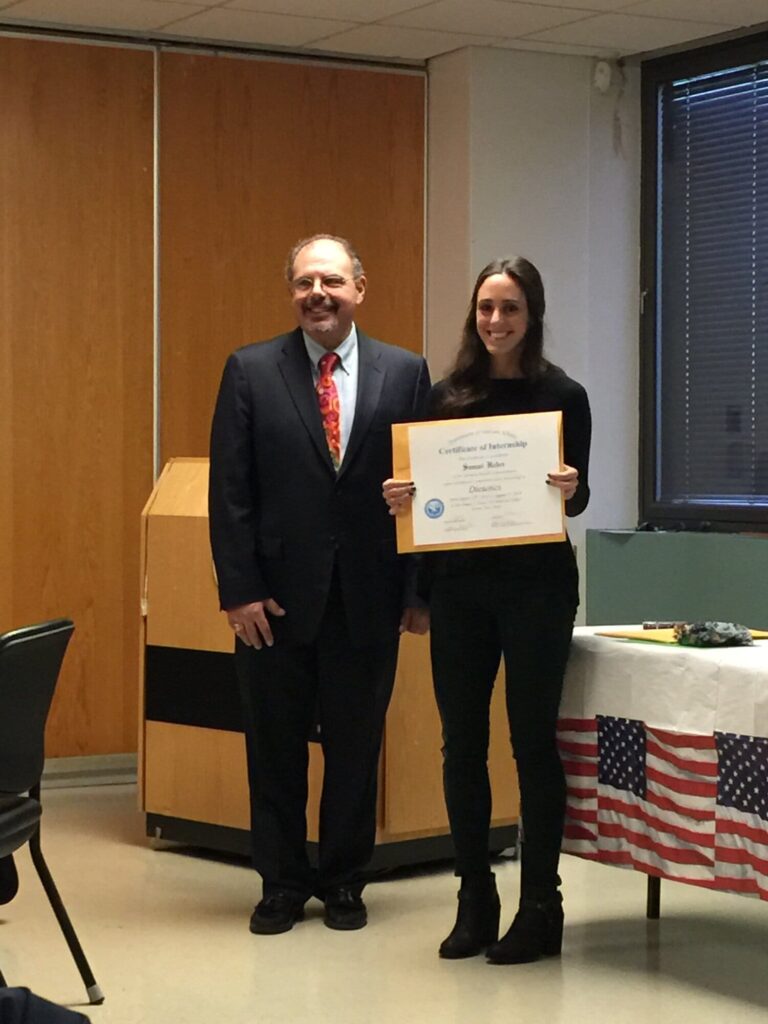
No clue who this guy is.
Before interviewing, do your research about different programs. When you go in for an interview, the people interviewing you want to see that you know about their program and are interested in that program specifically. Look up what rotations it has and what sets it apart from other DI’s. And if that program has an open house before starting interviews, go to it.
Finally, some DI interviews ask clinical questions, so make sure to do a quick brush up on Medical Nutrition Therapy before going. If you don’t know a question, it’s okay! Say so and do the best you can. Most importantly, be yourself. I personally think interviewers want to see that you’re a human who can be a team player. They want to see that they’ll enjoy working with you for a year, not just that you can spit out answers to MNT questions. Be yourself and let your personality show.
Once you get in, the DI is difficult. There’s no sugarcoating that. Be prepared to work hard, but I promise, it’s worth it. I found my DI year to be the most difficult of the entire 4 year process. I was commuting to the Bronx, doing DI homework in my free time, and still taking Master’s classes and doing that homework too. But, at the same time, it’s such a valuable experience. Instead of learning what to do with a patient who has X condition, you’re actually working with real patients and putting your years of schooling to use.Nothing prepares you to become a dietitian as much as that real life experience in a hospital. Work hard, do your best and know that the DI is only temporary!
Lastly, when you study for the RD exam, I highly recommend using Jean Inman’s guides. I would listen to them and take notes as I listened. You can take the exam any day – everyone studies for a different amount of time. I think I studied for a month straight – I finished my DI mid-August and took the exam mid-September – and passed.
CATEGORY:
Career paths and salary
QUESTIONS:
– Where did you work after you got your RD?
– Career possibilities for RD.
– What are jobs for dietitians outside hospitals?
– How’s the salary?
After becoming an RD, I first worked in a hospital at the Manhattan VA. I worked as an outpatient dietitian in Primary Care. I never wanted to a super clinical dietitian, so I was grateful that I was able to see patients in an outpatient setting similar to private practice, but with a steady salary and hours. During that time, I also worked part time for another dietitian at her private practice for about a year. I was at the hospital for about 3 years before working for myself full time (more on that below!).
While hospitals are a common choice when you first become a dietitian, there are SO many job possibilities. You can work in corporate wellness, for a food company, in private practice, in an eating disorder treatment center, or for a magazine, and that’s just naming a few! Many people start off working in hospitals because it’s a good entry level position. Personally, I believe that you do need experience (and money!) in order to start somewhere and grow in a field. But, once you get a few years of experience, there are so different many places you can work. It’s one of my favorite things about the field.
The salary will range and of course, depends on where you live. That said, being a dietitian isn’t the highest paying field. If you’re going into for the money, you’re choosing the wrong career (not to be blunt or anything, hah!). Hospital RDs typically make anywhere from 50k-100k in their first few years. Outside of the hospital, the salary will range. Like with anything, there is definitely opportunity to make a lot of money if you work hard.
CATEGORY:
Starting my own private practice (much more on this also here!)
QUESTIONS:
– Did you work at a hospital before opening private practice?
– How and when did it you start your own business? Was it straight after the DI?
I have an entire blog post about my process of starting my private practice, so I’ll keep this somewhat brief!
While working in a hospital, I also worked for another dietitian at her private practice and started my own private practice on the side. When all 3 became too much, I stopped working at the other dietitian’s practice. I continued to grow my practice on the side for about 3 years while working in the hospital full time. Because I worked in outpatient, I was lucky that my hours were conducive to doing this – I worked 8am-4:30pm on weekdays only, and was able to work on my practice on evenings and weekends.
After 3 years, once I felt like I had enough work to do and could financially sustain myself with my practice alone by myself, I left my job at the hospital. For these reasons, I didn’t go straight into working for myself right after the DI. It takes time to build up clients and work, and takes time to make it lucrative enough to do on its own. It was important to me to be able to fully support myself financially without any help if I was going to work for myself, which is why I built it up slowly while maintaining a steady income elsewhere.
I won’t say it was (or is!) easy working for myself. During the years that I was working full time a at the hospital and for myself on the side, I was constantly working – days, nights and weekends. Now, working for myself full time, I still work hard every day. But, if you’re willing to the work in, it’s the biggest payoff in the world. I love working for myself and find nearly every aspect of what I do rewarding because I built it all myself. If you put in the hard work, I can guarantee it’s worth it.
CATEGORY:
Relationship with food and practicing what you preach
QUESTIONS:
– Do you think it’s a bad idea for me to go into nutrition as someone who’s struggling with disordered eating thoughts myself?
– Did you become self/food-aware from the career to an unhealthy point?

Working with a dessert brand – because I love dessert and know that all foods can fit!
This is an important one. Most people go into nutrition because they have some kind of experience it with beforehand: usually an unhealthy relationship with food or their body in some way. This was definitely the case for me (you can read more about my story here and here).
Personally, I do think it’s important to practice what you preach. If you have unhealthy thoughts about food, I recommend seeing a dietitian yourself before working as one. It’s actually really useful to be able to help people from that point of understanding and relating to them. But, I also think it’s crucial to be past that point yourself in order to best help those people.
The career didn’t make me personally unhealthily food-aware, although I’m sure it might do that for some people. For me, like I mentioned, I had an unhealthy relationship with food beforebecoming a dietitian. The longer I practice as a dietitian, the healthier my relationship with food becomes. Understanding food, nutrition, and the body means that I understand that nutrition doesn’t need to be so extreme. It allows me to easygoing about nutrition, while still recognizing ways to optimize it. I understand a lot about food and know that there’s no benefit to being obsessed with it, and that being obsessed isn’t healthy.
One of my favorite parts of what I do is being able to teach that concept to other people. So many of us have fallen victim to calorie counting, ambiguous food rules, or discontent with our bodies. So, before becoming a dietitian, I highly recommend working on those things yourself first. It’s so freeing finally getting rid of those thoughts and feelings. And, as a dietitian, there’s nothing better than helping other people feel the freedom that comes along with getting rid of those thoughts too.
Want to learn more about creating a healthy relationship with food and your body? Check out All Foods Fit, my membership program with 12 lessons designed to teach how to eat healthy in easy ways, all while creating a healthy relationship with food.

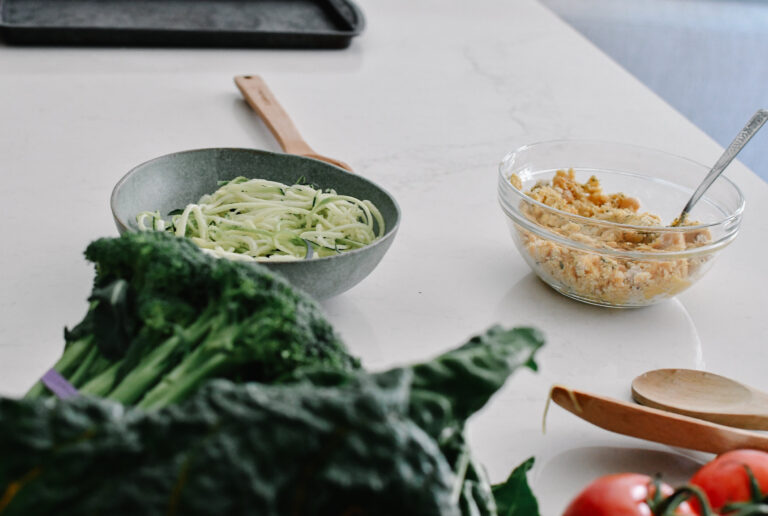
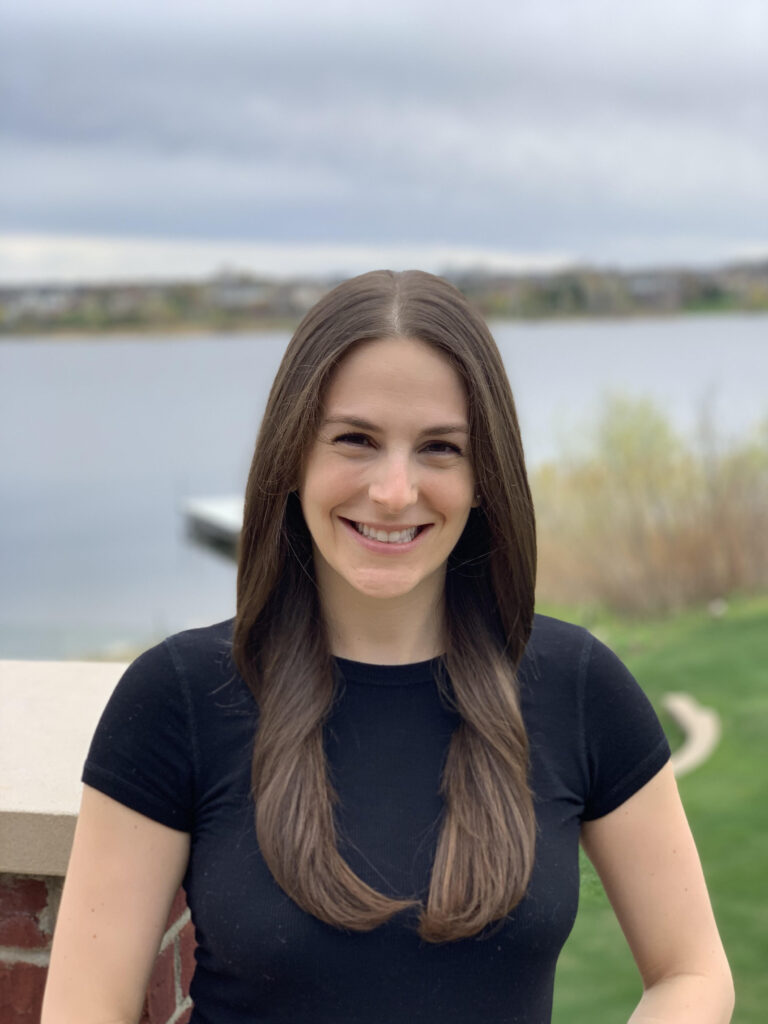
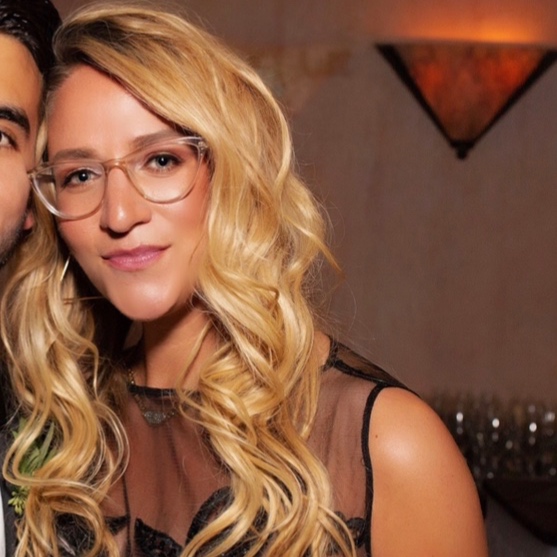
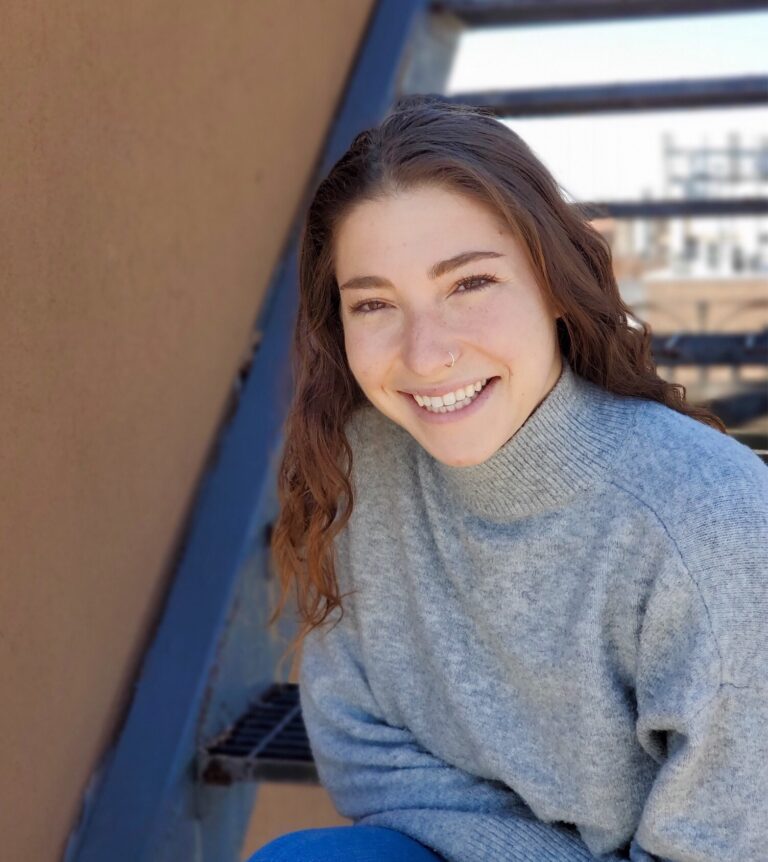

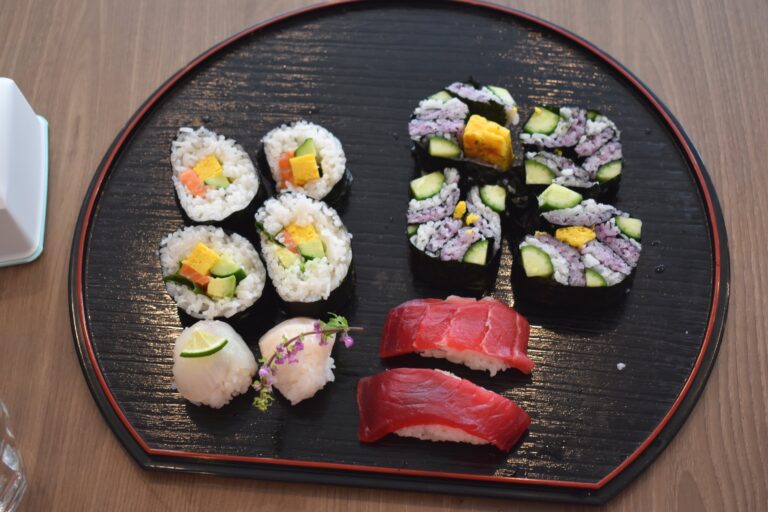
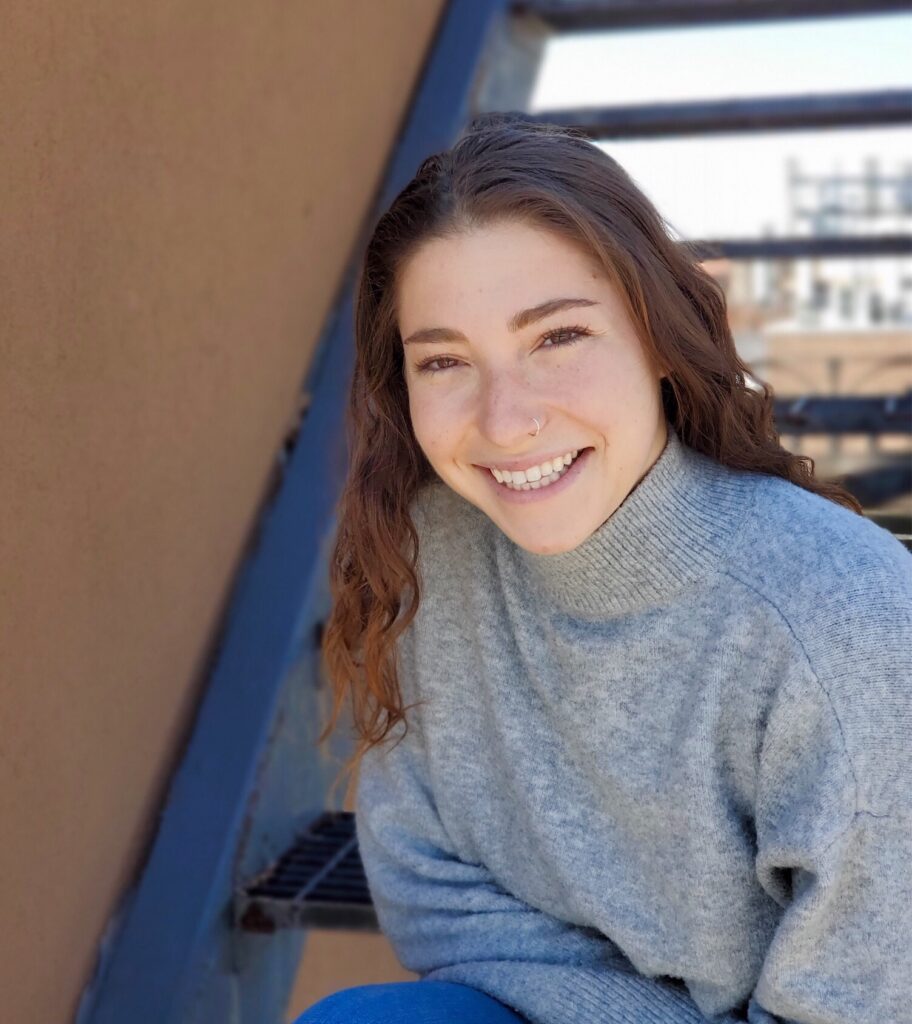
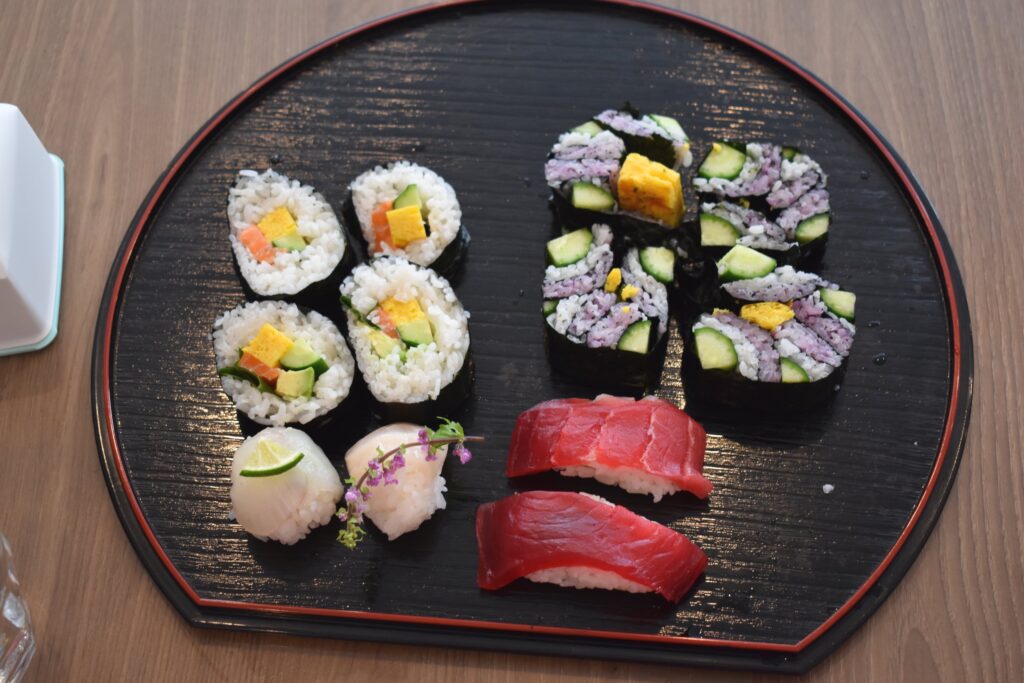



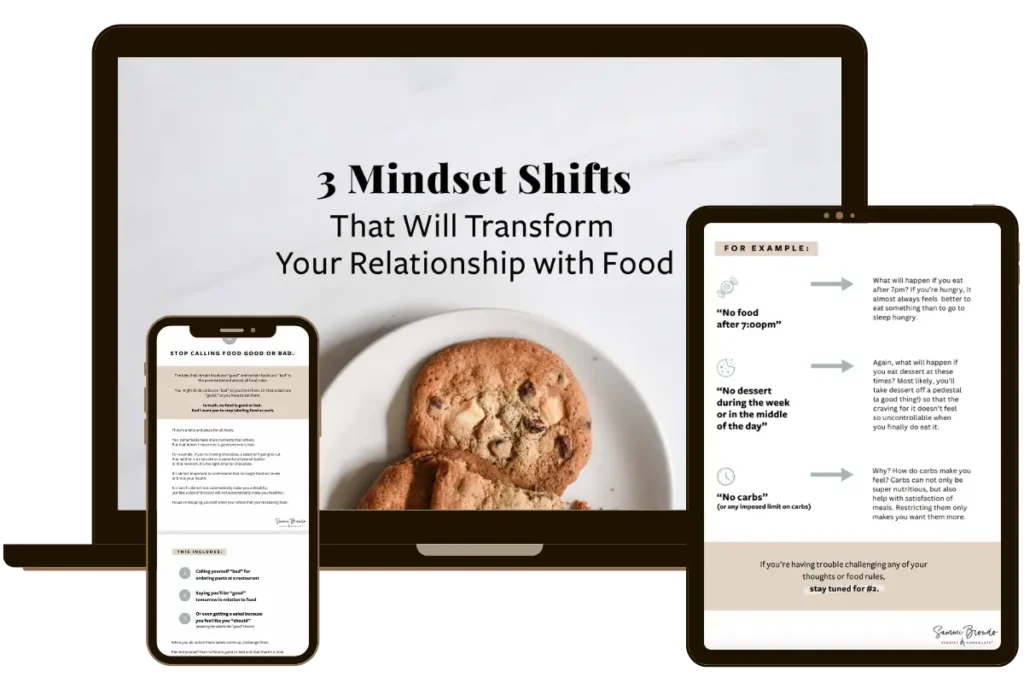
Hi! Do I need to complete the prerequisite courses in a Didactic Program before applying to an Internship? What if I already completed the prerequisite courses during my undergrad?
Yes! You need to complete all DPD course (or have a Bachelor’s degree in nutrition) to apply for an internship.